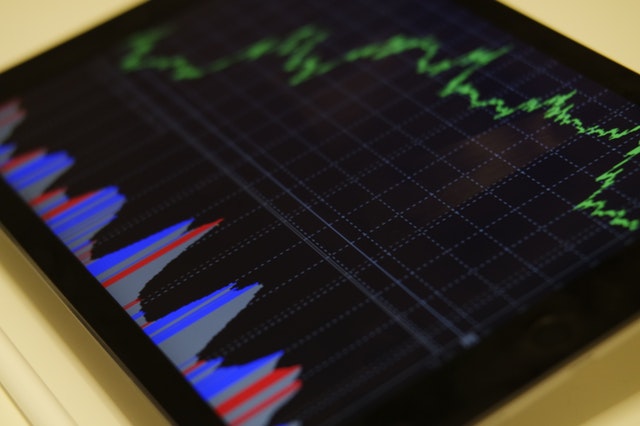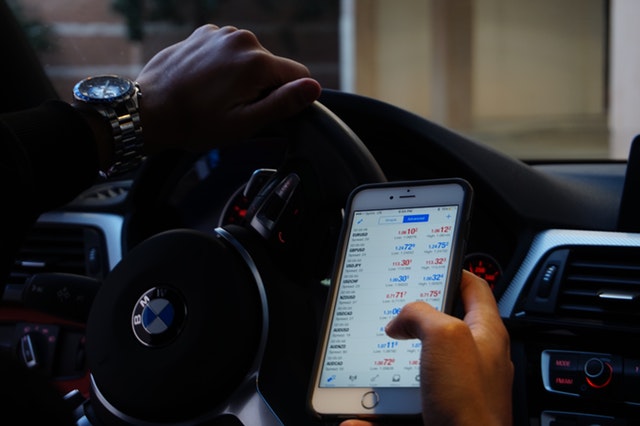Do you often travel abroad? Then it is highly likely that you must have made at least one forex transaction until now. The reason behind this is that forex trading is basically built around the conversion of money carried out by individuals, companies and central banks. Due to the global explosion of trade, commerce, and finance, forex markets are now considered to be the largest and most liquid asset markets in the world. Read this blog what makes forex so attractive to traders, along with a range of its practical applications. You will find out about the best trades to learn. If you are interested in becoming a forex trader, then look up for forex trading courses which can help you achieve your goal.
What is Forex Trading?
Forex trading comprises of a network of buyers and sellers who carry out currency exchange among themselves, based on a predetermined price. The high traffic of currency conversion makes forex highly volatile in nature bringing about a greater chance of high profits, while also increasing the risk.
How does the Forex Market work?
The foreign exchange (forex) market is a global marketplace where all capital nations come together to exchange their national currencies against one another. It mainly exists in two forms: as spot (cash) markets and derivatives markets that offers forwards, futures, options, as well as currency swaps. The forex markets are the largest in terms of global daily trading volume, which makes day and swing trading way easier than any other marketplace.
Importance of Forex Trading
The main advantage of forex trading is that it allows you to enter and exit a position in any of the major currencies in less than a second for a small spread in regular market conditions. Among the varied purposes, forex trading is mainly used to:
- Hedge against international currency and interest rate risk – Forex trading allows foreign countries, who are facing risks due to fluctuations in currency values to hedge their currency risk by determining a rate at which future transaction will be completed. This sort of hedging carried out in the currency futures market are typically standardised and cleared by a central authority.
- Speculate on geopolitical events – This refers to the opportunities that exist for making profit from changes based on factors such as interest rates, trade flows, tourism, economic strength and geopolitical risks that may increase or reduce one currency’s value compared to another. Such a forecast helps to enhance the value of the weakened currency and the geographical factors creates daily volatility in the forex markets.
- Diversify portfolios – Forex trading allows traders to employ currency as an asset class. This is based on the interest rate differential between two countries and the profit that can be extracted from exchange rate fluctuations.




